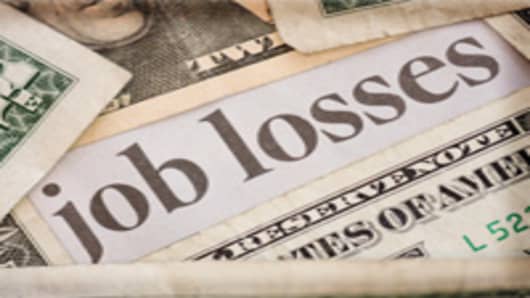European leaders resisting genuine bank stress tests and transparency about bank capital requirements, and blaming short selling and Anglo-Saxon capitalism for problems created by their own hands, reinforce the growing judgment of financial markets that European leaders are incapable of accomplishing adequate systemic reforms to rehabilitate their economies.
Europe seems forever mired in adolescent denial and alibis—a malignant European character flaw.
On this side of the pond, greater realism is needed about U.S. budget challenges as the recovery continues, or America will join Europe down the proverbial drain of financial self abuse. Near term, demand must be fired up to significantly dent unemployment.
The economy must add more than 13 million mostly private sector jobs to bring unemployment down to 6 percent by the end of 2013.
Businesses need customers and capital to invest in new facilities and jobs, and private demand growing at less than 2 percent and troubles at regional banks remain huge problems.
The trade deficit—in particular, huge imports of oil and the imbalance with China—cuts a wide hole in demand for U.S. goods and services. Without addressing oil and China, creating enough new jobs is daunting.
Detroit has the technology to produce much more efficient vehicles now, and a shift in national policy to rapidly build these would push out imported oil and create many new jobs.
China maintains an undervalued currency that makes its products artificially cheap and deceivingly competitive on U.S. store shelves, and it practices virulent protectionism against U.S. exports.




